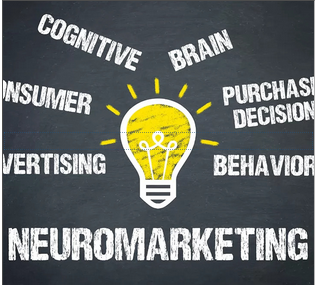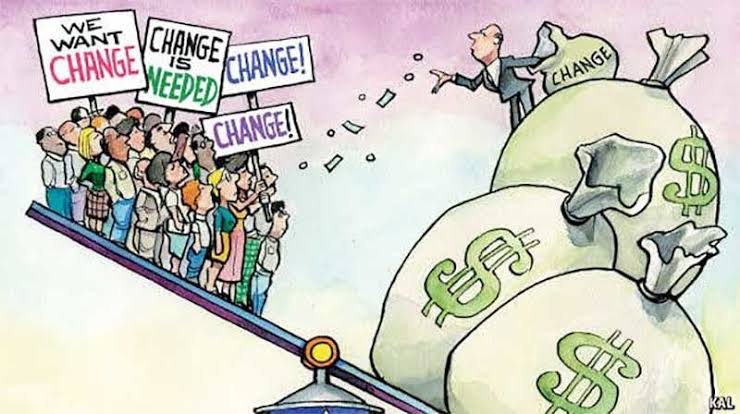By Felicia Nwosu
In today’s hyper-competitive market, winning the loyalty of consumers goes beyond offering quality products or competitive pricing. It’s about mastering the delicate balance between emotional connection and data-driven strategy to influence decisions and behaviors.
Some recent intelligence reports have shown that brands are now blending the art of storytelling with the science of behavioral insights, crafting experiences that resonate deeply with consumers while guiding them through their purchase journeys. This shift is redefining how businesses approach marketing, moving from mere transactions to building lasting relationships that foster trust, loyalty, and advocacy
Recent research underscores the changing dynamics of consumer decision-making. A survey by SpongPR reveals that 74% of consumers rely on personal experiences when evaluating brands, while 59% turn to recommendations from trusted sources such as friends, family, or colleagues. In comparison, only 23% pay attention to brand advertising, and a mere 15% visit a brand’s website during their decision-making process. These findings highlight the growing importance of building genuine, trust-based relationships with consumers rather than relying solely on traditional marketing tactics.
This shift is further emphasized by a study from Forrester, which found that 70% to 90% of the buyer’s journey is completed before a consumer engages directly with a brand. Today’s consumers are well-informed, often making decisions based on peer reviews, social proof, and emotional resonance long before they encounter a brand’s official messaging. To thrive in this environment, companies must rethink their approach, focusing on the experiences and emotions that shape consumer perceptions.
It explained that one of the most powerful tools in this new landscape is influencer marketing. Influencers, who command the trust and attention of their followers, act as intermediaries between brands and potential customers. According to the report, their authentic content, is rooted in personal experience, which carries significant weight, often influencing buying decisions more effectively than traditional advertising, which it stated, is by collaborating with influencers who align with their values, brands can tap into engaged communities and build credibility in a more organic, relatable way.
Across global marketing, experts have emotional storytelling further amplifies this connection. Stories have the power to evoke curiosity, empathy, excitement, or even nostalgia, making them a vital tool for capturing consumer attention and fostering loyalty. Whether through social media campaigns, video testimonials, or immersive brand experiences, storytelling allows companies to communicate their purpose and values in a way that resonates on a personal level. These narratives help humanize the brand and build emotional bonds that extend beyond the initial transaction.
While emotion plays a critical role, the science of influence is equally important. Data-driven insights allow marketers to understand consumer behavior at a granular level, enabling them to tailor their messaging and optimize engagement. The customer-based brand equity model, often illustrated through the brand resonance pyramid, provides a framework for tracking how marketing efforts build awareness, foster emotional connections, and ultimately drive loyalty.
It however noted that, creating meaningful connections goes beyond data and behavioral techniques, affirming that it requires delivering exceptional customer experiences at every touch-point. From the first interaction with a brand to post-purchase support, every moment shapes how consumers perceive the company. Brands like Amazon and Apple have built their reputations on delivering seamless, user-centric experiences that foster loyalty and repeat business.
In an era where technology is reshaping consumer interactions, brands must also explore innovative platforms and tools to enhance engagement. Augmented reality (AR), virtual reality (VR), and other immersive technologies offer new ways to connect with audiences and create memorable brand experiences. These technologies allow consumers to interact with products in a virtual environment, bridging the gap between physical and digital interactions.
As brands navigate this evolving landscape, one thing remains clear, and that is that trust is the currency of modern marketing. Companies that can master the art and science of influence, by building emotional connections, leveraging data insights, and delivering exceptional experiences, will not only win consumer loyalty but also position themselves as leaders in a rapidly changing marketplace.






Comment
No comments found.